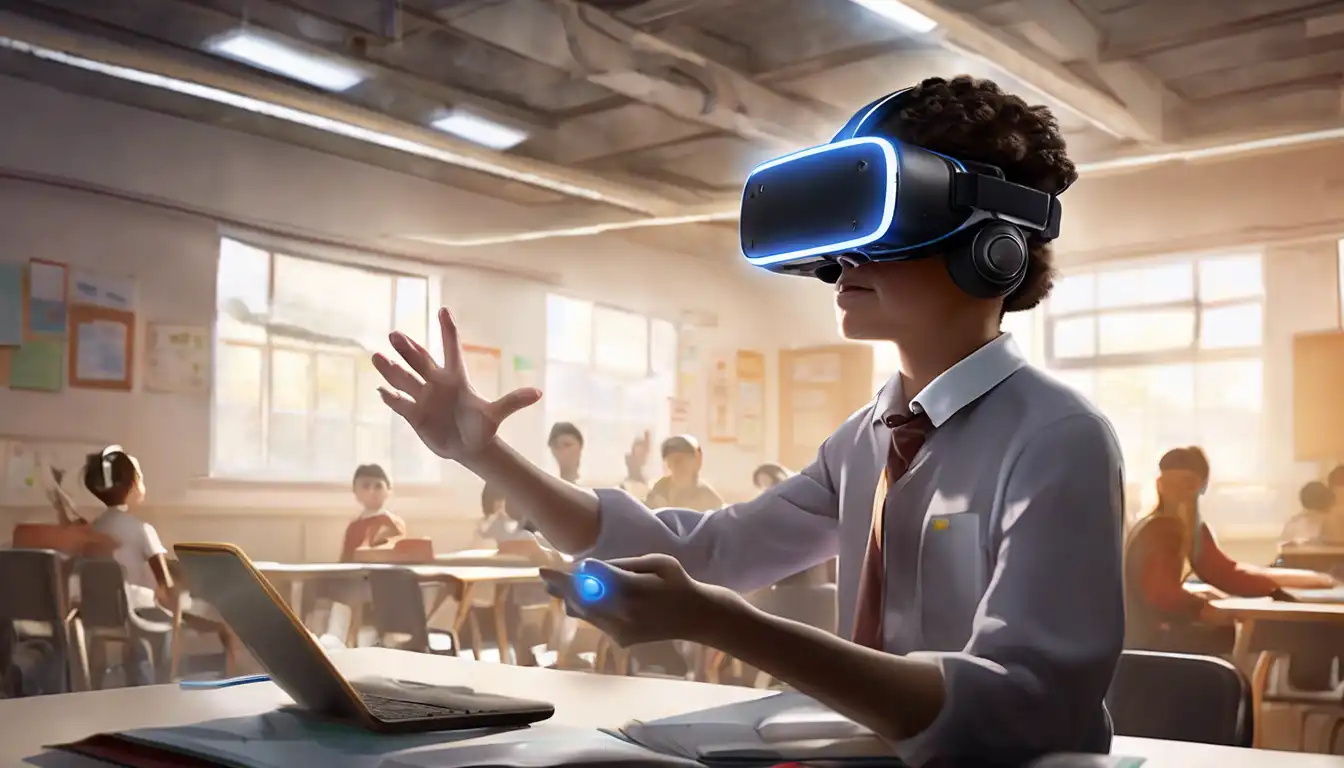The Transformative Impact of Virtual Reality on Learning and Skill Development
Virtual Reality (VR) technology has rapidly evolved from a futuristic concept into a practical tool in various sectors, notably in education and training. Its immersive nature offers unparalleled opportunities for engaging learners and professionals in a simulated environment that closely mimics real-life scenarios. This article delves into the potential of VR in revolutionizing how we learn and acquire new skills.
Why VR in Education?
VR in education transcends traditional learning boundaries by providing immersive, interactive experiences that enhance comprehension and retention. For instance, medical students can perform virtual surgeries, offering a risk-free environment to practice and hone their skills. Similarly, history classes can transport students to ancient civilizations, making learning more engaging and memorable.
VR in Professional Training
Beyond academia, VR is making significant strides in professional training. Industries such as aviation, manufacturing, and healthcare are leveraging VR to simulate real-world challenges. This not only reduces training costs but also minimizes risks associated with on-the-job training. For example, pilots can experience various flight conditions in a controlled, virtual setting before taking to the skies.
Benefits of VR in Learning and Development
- Enhanced Engagement: VR's interactive nature keeps learners engaged, improving focus and information retention.
- Safe Learning Environment: It allows for the simulation of dangerous or expensive scenarios without real-world risks.
- Accessibility: VR can bring distant or inaccessible locations and experiences to learners worldwide.
- Customizable Scenarios: Training programs can be tailored to meet specific learning objectives and skill levels.
Challenges and Considerations
Despite its benefits, the adoption of VR in education and training faces hurdles such as high costs, technical limitations, and the need for specialized content development. However, as technology advances and becomes more affordable, these challenges are expected to diminish, paving the way for wider adoption.
Future Prospects
The future of VR in education and training looks promising, with ongoing advancements in technology making it more accessible and effective. As we continue to explore its potential, VR is set to redefine traditional learning and training methodologies, offering more immersive, efficient, and engaging ways to acquire knowledge and skills.
For more insights into how technology is transforming education, check out our article on The Role of AI in Education.
